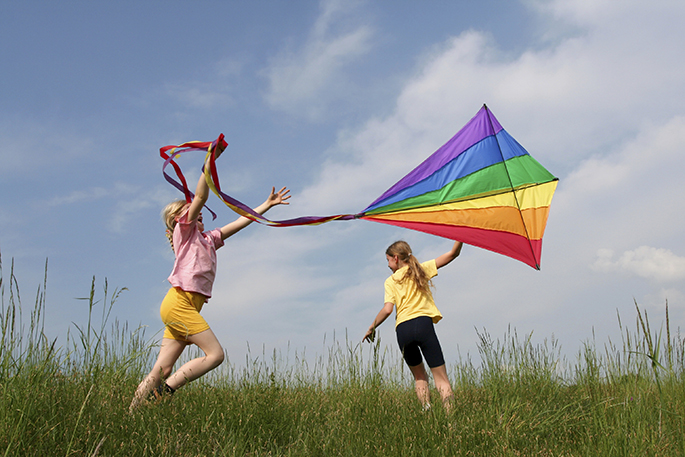Intersex Awareness Day is an important opportunity to not only create awareness about New Zealand's intersex community, but to also encourage continued action on addressing the issues that intersex people face, says the Human Rights Commission.
Intersex Awareness Day, which takes place annually on October 26, creates awareness of people who are born with variations in their sex characteristics that do not fit the typical binary notions of male or female.
'While improvements in the care of Intersex children have been made in the past 20 years, there are still ongoing ethical, medical and human rights issues that must be addressed around recognition of bodily integrity, individual autonomy and an end to treatments aimed solely at 'normalising” sex,” says commissioner Dr Jackie Blue.
A roundtable, co-hosted by the Commission and the Intersex Trust Aotearoa New Zealand in 2016, brought together multiple stakeholders to address New Zealand's current practice of genital normalisation. The resulting report and key recommendations then formed the Commission's submission to the Committee on the Rights of the Child.
The 2016 UNCROC review of New Zealand made the following recommendations to the government:
- Develop and implement a child rights-based health care protocol for intersex children, setting the procedures and steps to be followed by health teams ensuring that no one is subjected to unnecessary medical or surgical treatment during infancy or childhood, guaranteeing the rights of children to bodily integrity, autonomy and self-determination, and provide families with intersex children with adequate counselling and support
- Investigate incidents of surgical and other medical treatment of intersex children without informed consent and adopt legal provisions to provide redress to victims of such treatment, including adequate compensation
- Educate and train medical and psychological professionals on the range of biological and physical sexual diversity and on the consequences of unnecessary surgical and other medical interventions on intersex children
- Extend free access to surgical interventions and medical treatment related to their intersex condition to intersex children between the age of 16 and 18.
'The Ministry of Health, through the NZ Paediatric Society, is funding the development of a national intersex network that will begin to address some of these recommendations and will work in partnership with intersex people and their families, the commission and medical practitioners,” says Jackie.
'The government will need to consider how they will continue to progress and support this work on addressing harmful practices experienced by intersex children.
'It is so important that intersex New Zealanders are supported. Addressing these recommendations and ensuring our processes and procedures are in line with international best practice is a key part of that.”



0 comments
Leave a Comment
You must be logged in to make a comment.